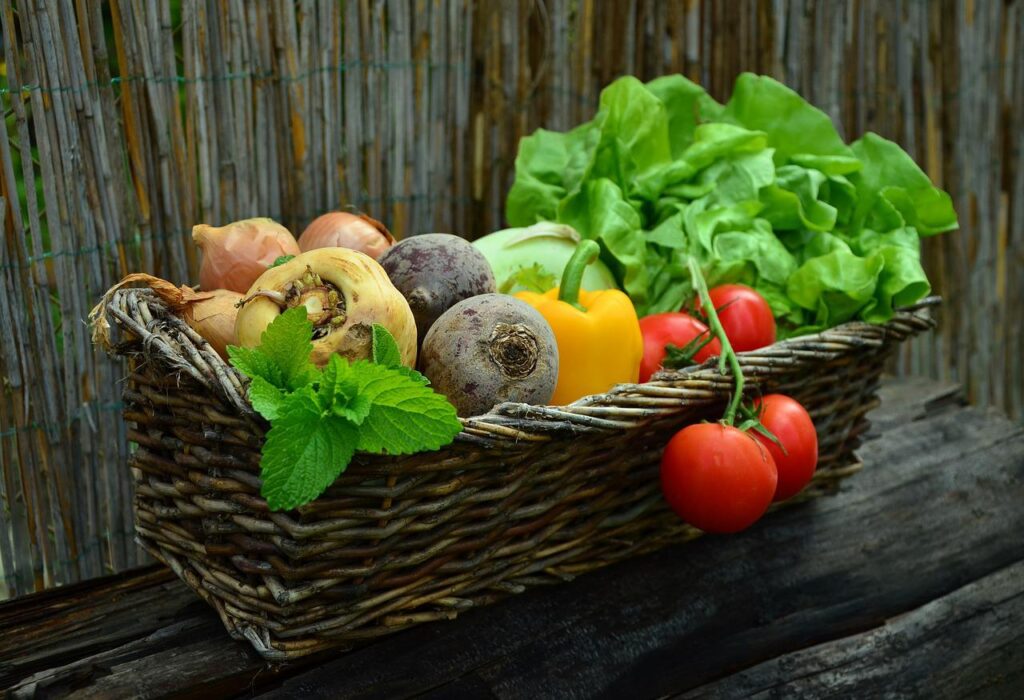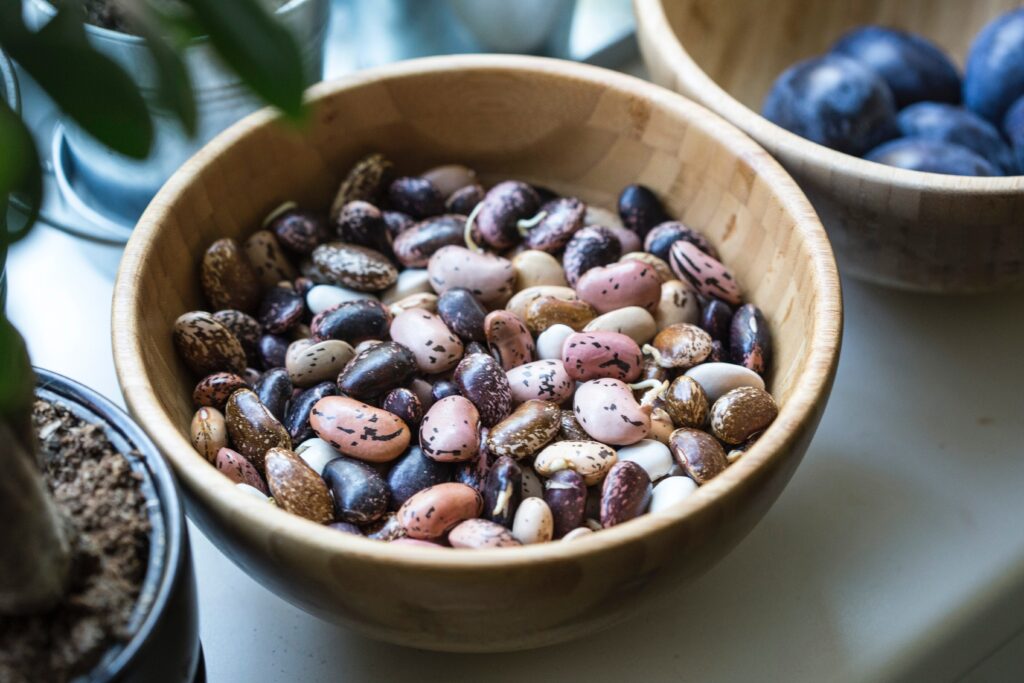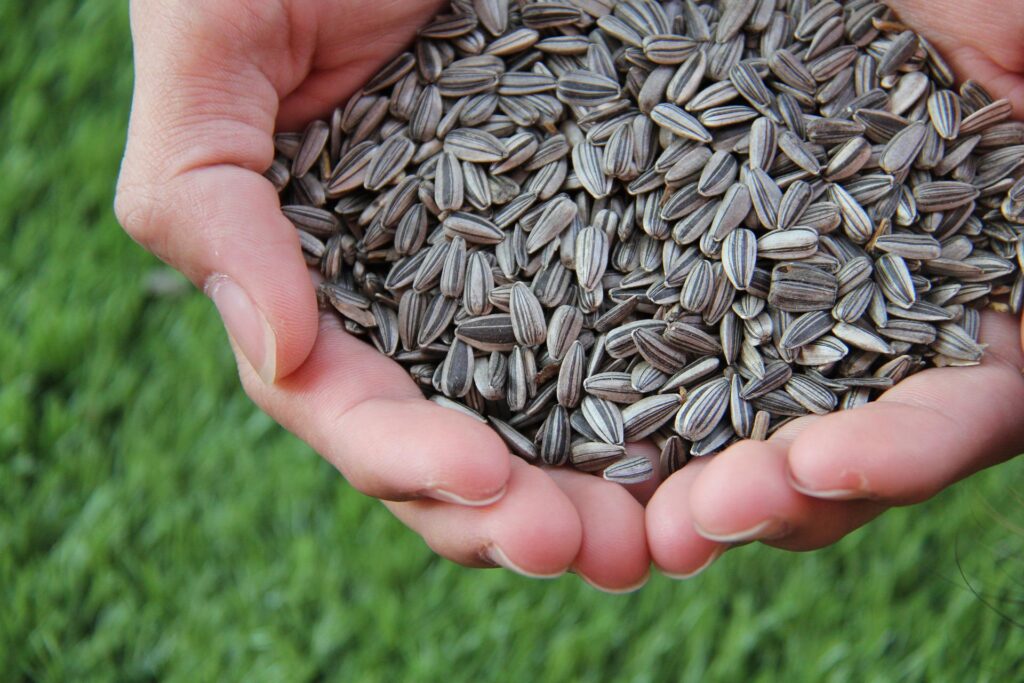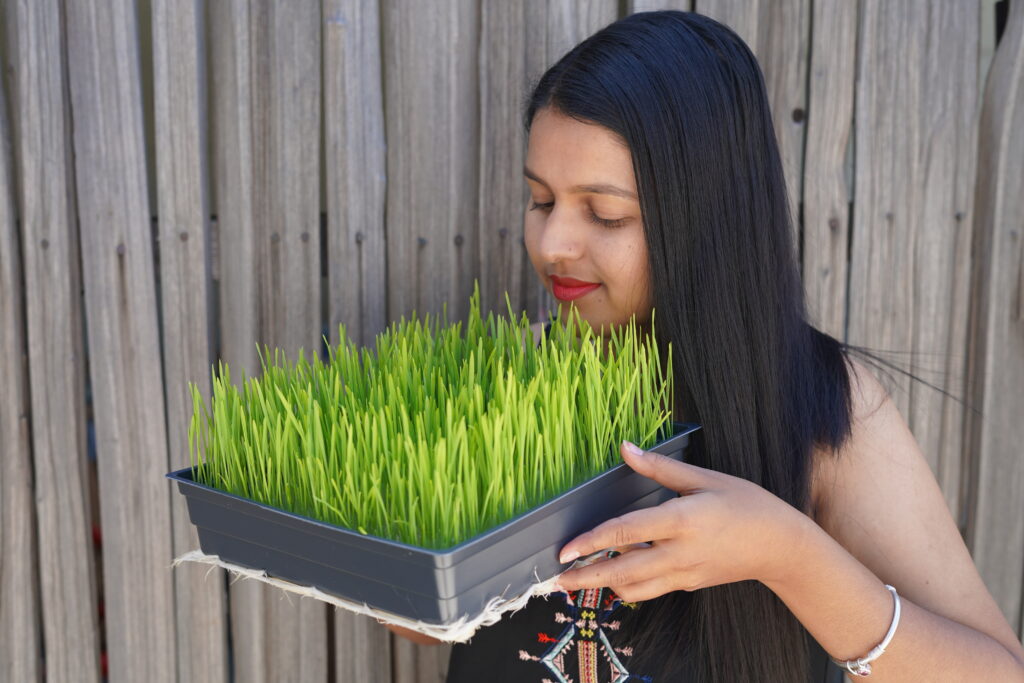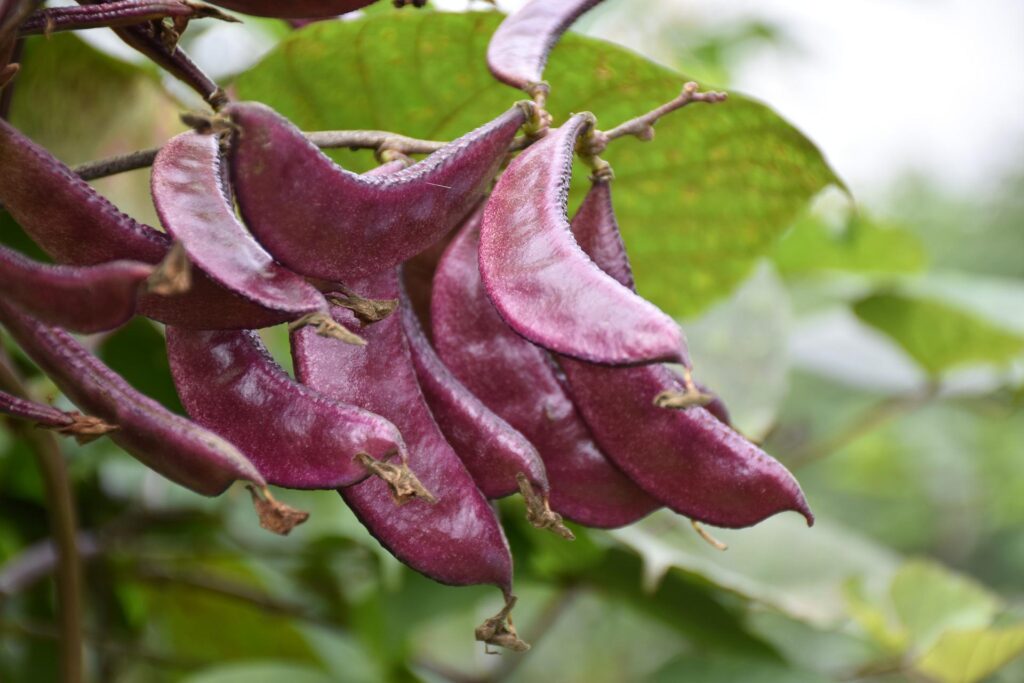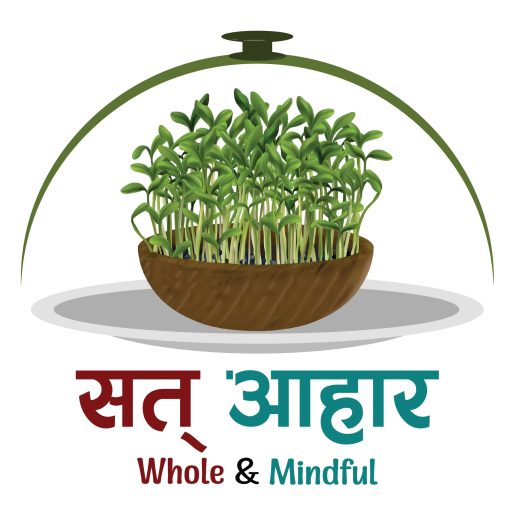What is the best diet in the world? What is WFPB?
Let’s divide WFPB to two parts. Whole foods, that means foods that are nearest to their natural state or that are minimally processed. Plant based means the foods primarily come from plants and not from animals. So now you know what whole food plant-based diet refers to.
WFPB is an eating pattern similar to a vegan diet that emphasizes plant-based foods while avoiding or strictly limiting animal items such as meat, fish, eggs, and dairy.
WFPB diets are more strict than vegan or vegetarian diets. It mainly comprises of whole, unprocessed, or minimally processed carbohydrates for the majority of their calories. This diet pattern usually consists of 7–15 percent fat, 75–80 percent CHO, and 10–15 percent protein, however the macronutrient composition might vary.
Following a whole food plant-based diet means you will definitely experience its benefits in numerous ways. It is not difficult to follow either if you are determined towards your health and the health of your surroundings. So, what benefits you will get by following a whole food plant-based diet? Oh! Its countless baby 😉
-Improved mood
-Improved body composition
-Improved sports performance
-Improved gut health
-Improved immunity
-Improved reproductive health
-Obesity control
-Better sleep
-Reduced risk of heart diseases, diabetes, hypertension, cancer, kidney diseases and many more
-Better skin and resolution of acne
And MANY MORE…………….
Modern diseases such as diabetes, heart disease, and cancer are linked to diets that include a lot of processed foods and animal products. You won’t believe, but WFPB is capable of reversible most of these chronic diseases without using/using nominal allopathic medications.
The Adventist Health Study 2 found that each step along the dietary range, from omnivore to vegan, reduced the risk of chronic illness. And participants’ diet was not just vegan but whole food plant based! Not just this, growing body of researches show that whole food plant-based diet exerts tremendous health benefits, prevention and even reversal from chronic diseases.
Why is whole food plant-based diet so healthy?
Phytonutrients!! Synergy of diverse Phytonutrients!!! Whole and together, not separately.
SO, what are phytonutrients? They are all the disease fighting and health promoting biologically active plant compounds which come only from plants and not animals!! Do you know why these phytonutrients are there in plants? To protect them from diseases and harsh environmental conditions. And what do they do for us? Similar function! To protect us!
Phytonutrients enhance health by reducing inflammation, oxidative damage, cholesterol etc. They help creating healthy gut microbiota, improve circulation, enhance immune system, and regulate gene expressions.
What are the dos and don’t of WFPB diets then?
Dos
Eat whole grains eg. Brown rice, quinoa, millets, buckwheat, barley, whole wheat products such as unrefined whole wheat flours etc.
Eat Legumes such as edamame (young soybeans), tofu, tempeh, lentils, black gram, chickpeas, pea, black bean, cow pea, green beans, faba beans etc. Sprout dried legumes
Eat plenty of seasonal and local green leafy vegetables such as mustard greens, spinach etc.
Eat plenty of cruciferous vegetables such as broccoli, cauliflower, turnip greens, turnip, cabbage etc.
Eat plenty of sprouted vegetables such as broccoli sprouts, fenugreek sprouts, sunflower sprouts, onion sprouts etc.
Eat seasonal and water rich fruits everyday such as guava, oranges, apple, pineapples, mango, grapes etc.
Eat omega 3 rich foods such as flax seeds, hemp seeds, walnuts etc.
Eat nuts and seeds in small quantity every day
Don’ts
Avoid refined flours and their products (e.g., Instant noodles, biscuits, sewai), processed sugar, sugar sweetened beverages (e. g. coke, fanta, redbull, sugary juices, flavored juices etc.), sugary jams, white breads, white pasta, fruit juices etc.
Avoid animal-based foods such as meat, fish, dairy (ghee, butter, milk, curd, paneer, cheese), and egg
Avoid oils and margarines. Oils are not whole foods. They contain highest caloric content among all the foods and contain no other nutrients. We know it’s a big adjustment in case of oil. Adding very little oil can still be okay if other eating pattern is well.
Also, protein supplements are not whole and unnecessary in whole food plant-based diet.
Summary: Whole food plant based diet is more of a lifestyle that involves eating plant based foods nearest to their natural state. Accumulated research shows that whole food plant based diet has plethora of health benefits.
What if you see whole food plant-based diet too far but still want to improve your diet? Click here.
Resources
Adair, K. E., & Bowden, R. G. (2020). Ameliorating Chronic Kidney Disease Using a Whole Food Plant-Based Diet. Nutrients, 12(4), 1007. https://doi.org/10.3390/nu12041007
Turner-McGrievy, G. M., Davidson, C. R., Wingard, E. E., Wilcox, S., & Frongillo, E. A. (2015). Comparative effectiveness of plant-based diets for weight loss: a randomized controlled trial of five different diets. Nutrition, 31(2), 350-358.
Wright, N., Wilson, L., Smith, M., Duncan, B., & McHugh, P. (2017). The BROAD study: A randomised controlled trial using a whole food plant-based diet in the community for obesity, ischaemic heart disease or diabetes. Nutrition & diabetes, 7(3), e256-e256.
Massera, D., Graf, L., Barba, S., & Ostfeld, R. (2016). Angina rapidly improved with a plant-based diet and returned after resuming a Western diet. Journal of geriatric cardiology: JGC, 13(4), 364.

